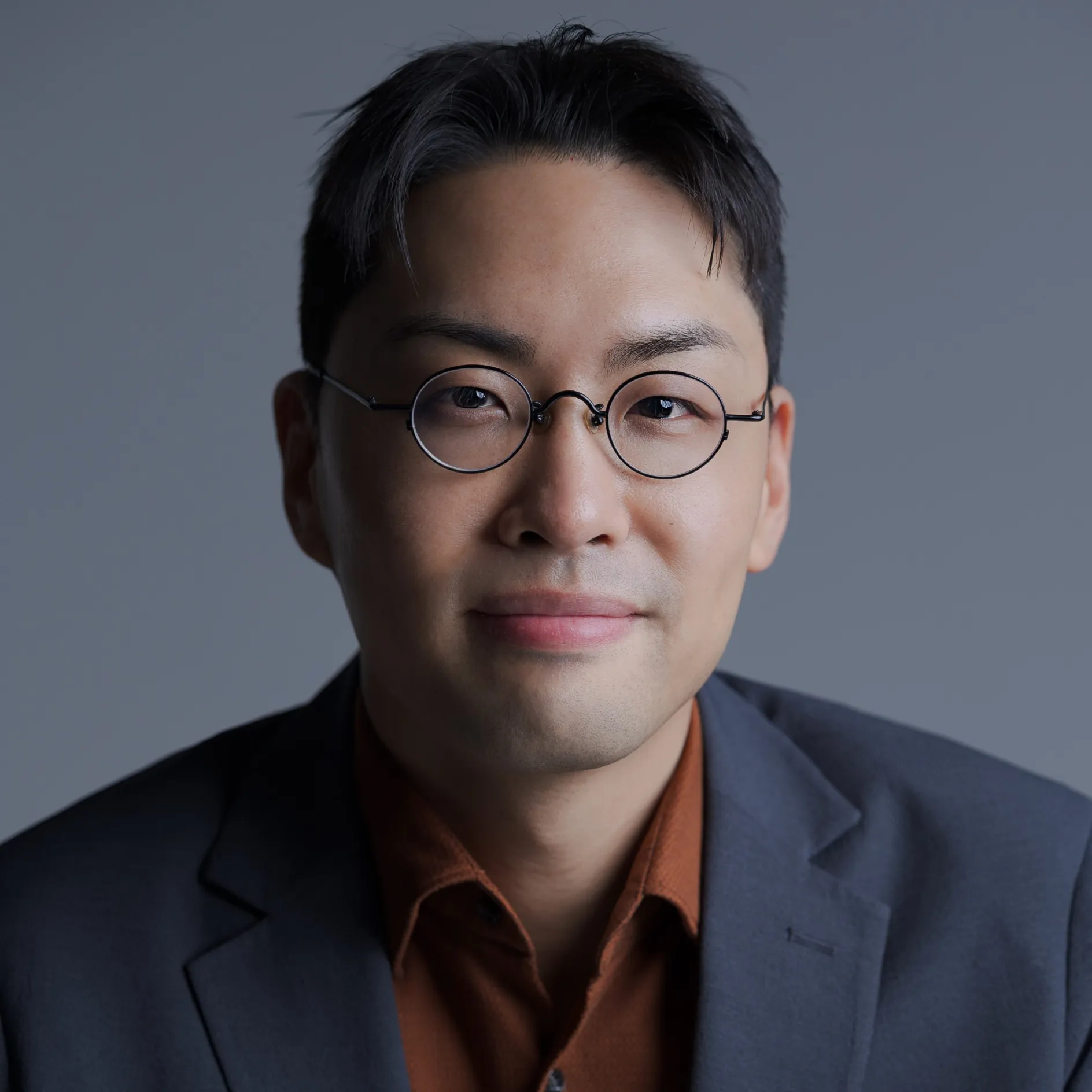Hyeok Hweon Kang is a historian of early modern Korea, specializing in social and intellectual history, history of science and statecraft, global history, material culture studies, and the history of technology.
Professor Kang grew up in Guatemala City, Guatemala. After completing secondary school there, he studied at Emory University and Harvard University, where he earned his Ph.D. in History and East Asian Languages. He joined the WashU faculty in 2021 from Johns Hopkins University, where he held a D. Kim Foundation Postdoctoral Fellowship in the Department of the History of Science and Technology in 2020–21.
Kang is currently completing his first book, Artisanal Heart, under contract with the University of Chicago Press. The book examines how artisans and “ingeniators” (leaders of artisans) shaped a vibrant culture of material design and knowledge-making in partnership with the Chosŏn Korean (1392–1910) state. His research on this subject has received international awards including the 2021 International Committee on the History of Technology Turriano Prize and the 2021 International Council of Asia Scholars Book Prize (English—Best Dissertation in the Humanities). The work has been supported by grants and fellowships from the American Council of Learned Societies, the Andrew F. Mellon Foundation, and the American Historical Association.
Kang is in the early stages of writing two other books on Korean science. Military Gentlemen explores the rise of eighteenth-century military professionals who pursued “broad learning”—from tactics and medicine to cartography and travel-writing—as expressions of masculinity and rational knowledge. Mr. Five Continents examines Yi Kyugyŏng (1788–1856), an unemployed bibliophile whose encyclopedias, written under his style name “Five Continents,” embodied his ambition to master world geography, technology, and natural philosophy at the cusp of the modern era.
Kang maintains wide-ranging research and teaching interests in early modern science and technology, material culture studies, digital humanities, and global history. His works have appeared in Isis, History and Technology, Journal of World History, Journal of Cultural Analytics, and Journal of Asian Studies, among others. For an up-to-date list of publications, please see his website.
Kang was an American Council of Learned Societies Fellow in 2023–24. He is currently serving as co-chair of the Forum for the History of Science in Asia at the History of Science Society.


